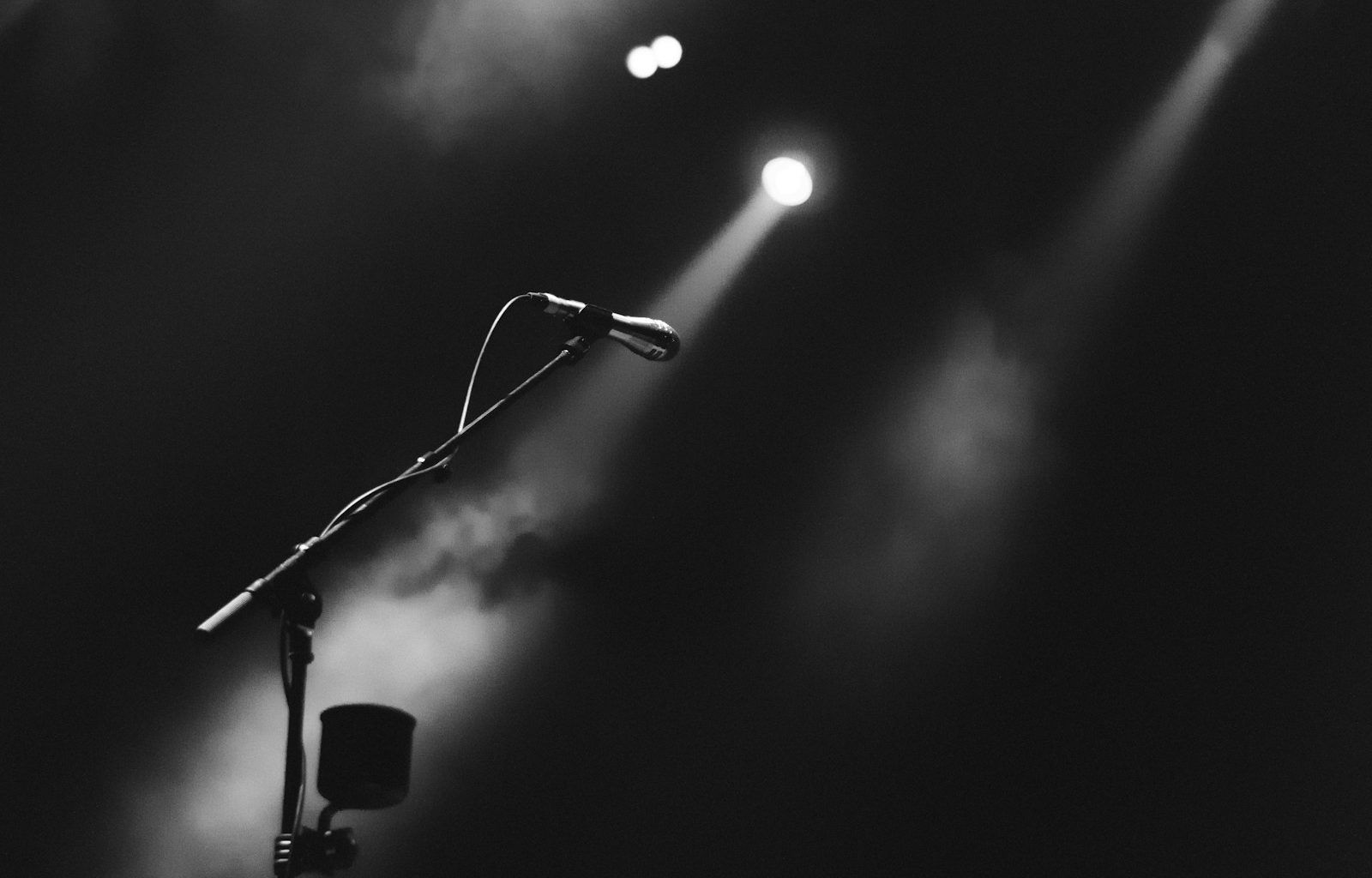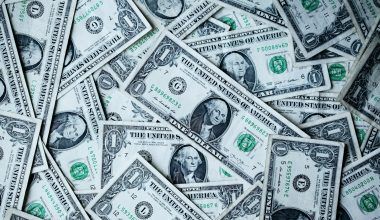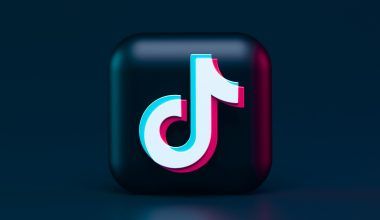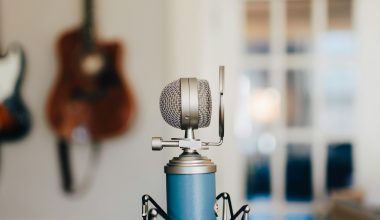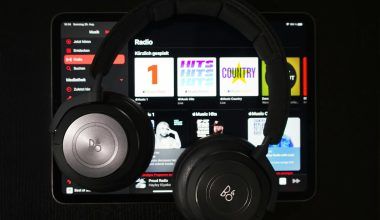If you’re a music fan, you’ve probably heard the term “EP” tossed around. But what does EP mean for music, and why is it such a big deal? Don’t worry; you’re not alone in wondering! In this blog, we’ll dive into everything you need to know about EPs—from their origins and purpose to how they compare to albums and singles. By the end, you’ll feel like a pro in understanding this music term.
The Basics: What Does EP Mean?
To put it simply, EP stands for “Extended Play.” It’s a music release that’s longer than a single but shorter than a full album. Typically, an EP has about 3 to 6 tracks, making it the perfect middle ground between releasing just one song and a full-fledged album. The name “Extended Play” might sound fancy, but it just means you get a bit more music to enjoy without committing to an entire album.
Artists often use EPs to showcase their range, experiment with new sounds, or introduce themselves to new audiences. For fans, it’s like getting a sneak peek into an artist’s creative world.
A Brief History of EPs
The concept of an EP dates back to the days of vinyl records in the 1950s. Back then, vinyl records came in two main formats: singles (shorter, with just one or two songs) and albums (longer, with 8 or more songs).
EPs emerged as a way to give listeners more content than a single without producing a full album. They were often used by artists to promote new music or as a budget-friendly alternative to albums. Over time, the format adapted to cassette tapes, CDs, and now digital streaming platforms.
Why Do Artists Release EPs?
There are plenty of reasons why artists choose to release EPs. Here are some of the most common:
- Experimentation: EPs allow artists to try out new styles or genres without the pressure of creating a full album.
- Budget-Friendly: Producing an album can be expensive, especially for independent artists. EPs provide a cost-effective way to release music.
- Faster Releases: Albums take time to create, but an EP can be put together more quickly. This helps artists stay connected with their audience.
- Storytelling: Some artists use EPs to tell a specific story or explore a theme in a more focused way than an album might allow.
- Promotion: EPs often serve as a teaser or promotional tool for an upcoming album or tour.
How Does an EP Differ from an Album or a Single?
Let’s break this down:
- Length:
- Single: 1-2 songs, usually under 10 minutes.
- EP: 3-6 songs, lasting around 15-30 minutes.
- Album: 8-12 songs or more, often over 30 minutes.
- Purpose:
- Single: Highlights one standout track.
- EP: Explores a theme or showcases multiple songs without being overwhelming.
- Album: A full artistic statement, often telling a larger story.
- Cost and Effort: EPs require less time and money to produce than albums but offer more content than singles.
EPs in the Digital Age
With the rise of streaming platforms like Spotify, Apple Music, and YouTube, EPs have become more popular than ever. Why? Because listeners today love bite-sized content that they can consume quickly. An EP fits perfectly into this trend.
For new artists, an EP is a way to grab attention without asking too much of potential fans. For established artists, it’s a chance to keep momentum between major album releases.
Platforms even have special playlists dedicated to EPs, giving artists more visibility. This accessibility has made the EP format a favorite for musicians and listeners alike.
Famous Examples of EPs
Over the years, many artists have used EPs to make a big impact. Some iconic examples include:
- The Beatles: Their early EPs helped build their fanbase in the UK.
- The Weeknd: His debut EP, House of Balloons, catapulted him to fame.
- BTS: The K-pop group often uses EPs to introduce new concepts and songs.
- Billie Eilish: Her debut EP, Don’t Smile at Me, was a breakout success.
How to Enjoy an EP
Listening to an EP is a bit different from diving into a full album. Here are some tips:
- Set the Mood: EPs are short, so find a quiet moment to listen from start to finish.
- Pay Attention to Themes: Many EPs explore a specific mood or story. See if you can pick up on it.
- Share It: If you love what you hear, share the EP with friends or on social media.
Why Fans Love EPs
For music lovers, EPs are a gift. They’re quick to listen to, often packed with creativity, and they give a glimpse into an artist’s journey. Whether you’re discovering a new artist or following a favorite one, EPs offer something fresh and exciting.
Final Thoughts
So, what does EP mean for music? It’s more than just a term—it’s a vital format that bridges the gap between singles and albums. EPs have evolved over the years, but their purpose remains the same: to bring joy to listeners and give artists a chance to shine.
Next time you hear about an EP release, take a moment to explore it. You might just discover your next favorite song—or artist!
For further reading, explore these related articles:
- What is a Dynamic Microphone? A Simple Guide for Everyone
- Unlocking the Power of Audio File Compressor Free Tools for Beginners and Pros
For additional resources on music marketing and distribution, visit DMT Records Pvt. Ltd..
